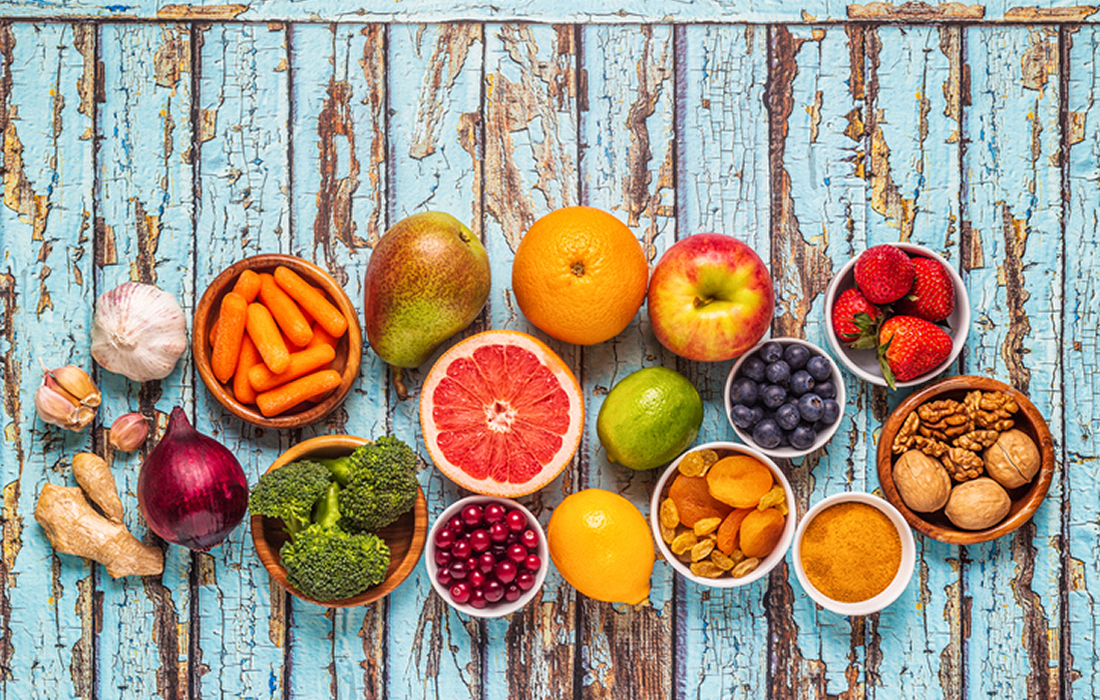Nutrition and Supplements
Flavonoid-rich foods may lower the blood pressure via gut bacteria
Flavonoid-rich food, including berries, apples, pears, chocolate and wine, appear to have a positive effect on blood pressure levels, an association that is partially explained by characteristics of the gut microbiome, according to new research published on August 23rd of 2021 in “Hypertension”, an American Heart Association journal.
Over 8000, various natural flavonoids have been already described as mentioned by Croft, and this list is still growing. Some health-oriented biological effects are attributed to their antioxidant potency. Flavonoids have been shown to possess antioxidant properties within in vitro experimental systems and anti-inflammatory, immune-modulator, antiviral, antiallergic , and anticarcinogenic properties.
Their antioxidant and inflammatory properties help in toxin-mediated stress and chronic disease prevention. Due to their surprising biological health effects, flavonoids are considered ‘disease-preventing, health-promoting dietary supplements.’
“Our gut microbiome plays a key role in metabolizing flavonoids to enhance their cardioprotective effects, and this study provides evidence to suggest these blood pressure-lowering effects are achievable with simple changes to the daily diet,” said lead investigator of the study Aedín Cassidy, Ph.D., chair and professor in nutrition and preventive medicine at the Institute for Global Food Security at Queen’s University in Belfast, Northern Ireland.
Flavonoids are broken down by the body’s gut microbiome, the bacteria found in the digestive tract. Recent studies found a link between gut microbiota, the microorganisms in the human digestive tract, and cardiovascular disease (CVD), which is the leading cause of death worldwide. Gut microbiota is highly variable between individuals, and there are reported differences in gut microbial compositions among people with and without CVD.
Increased research suggesting that flavonoids may reduce heart disease risk, the study assessed the role of the gut microbiome on the process. They examined the association between eating flavonoid-rich foods with blood pressure and gut microbiome diversity. Also, how much variance between the gut microbiome could explain the association between intake of flavonoid-rich foods and blood pressure.
The research included 904 adults from 25-82 ages and researchers evaluated the participants’ food intake, gut microbiome and blood pressure levels together with other clinical and molecular phenotyping at regular follow-up examinations.
The analysis of regular flavonoid intake with gut microbiome and blood pressure levels found:
- Study participants who had the highest intake of flavonoid-rich foods had lower systolic blood pressure levels and greater diversity in their gut microbiome that participants with lowest levels of flavonoid-rich foods.
- Eating 1.6 servings of berries per day (1 serving is equal to 1 cup) was associated with an average reduction in systolic blood pressure levels of 4.1 mm Hg.
- Drinking 2.8 glasses (125 ml of wine per glass) of red wine a week was associated with an average of 3.7 mm Hg decrease in systolic blood pressure.
- Up to 15.2% of the association between flavonoid-rich foods and systolic blood pressure could be explained by the diversity found in the gut microbiome of the patient.
The researchers said that a better understanding of the highly individual variability of flavonoid metabolism could very well explain why some people have greater cardiovascular protection benefits from flavonoid-rich foods than others.
While the study suggests potential benefits to consuming red wine, the American Heart Association still suggests that if you don’t drink alcohol already, you shouldn’t start.
Source:
American Heart Association. “Gut bacteria and flavonoid-rich foods are linked and improve blood pressure levels.” ScienceDaily. ScienceDaily, 23 August 2021.
Source link: www.sciencedaily.com/releases/2021/08/210823085617.htm
Amy Jennings, Manja Koch, Corinna Bang, Andre Franke, Wolfgang Lieb, Aedín Cassidy. Microbial Diversity and Abundance of Parabacteroides Mediate the Associations Between Higher Intake of Flavonoid-Rich Foods and Lower Blood Pressure. Hypertension, 2021.
Waheed Janabi AH, Kamboh AA, Saeed M, et al. Flavonoid-rich foods (FRF): A promising nutraceutical approach against lifespan-shortening diseases. Iran J Basic Med Sci. 2020;23(2):140-153. doi:10.22038/IJBMS.2019.35125.8353

